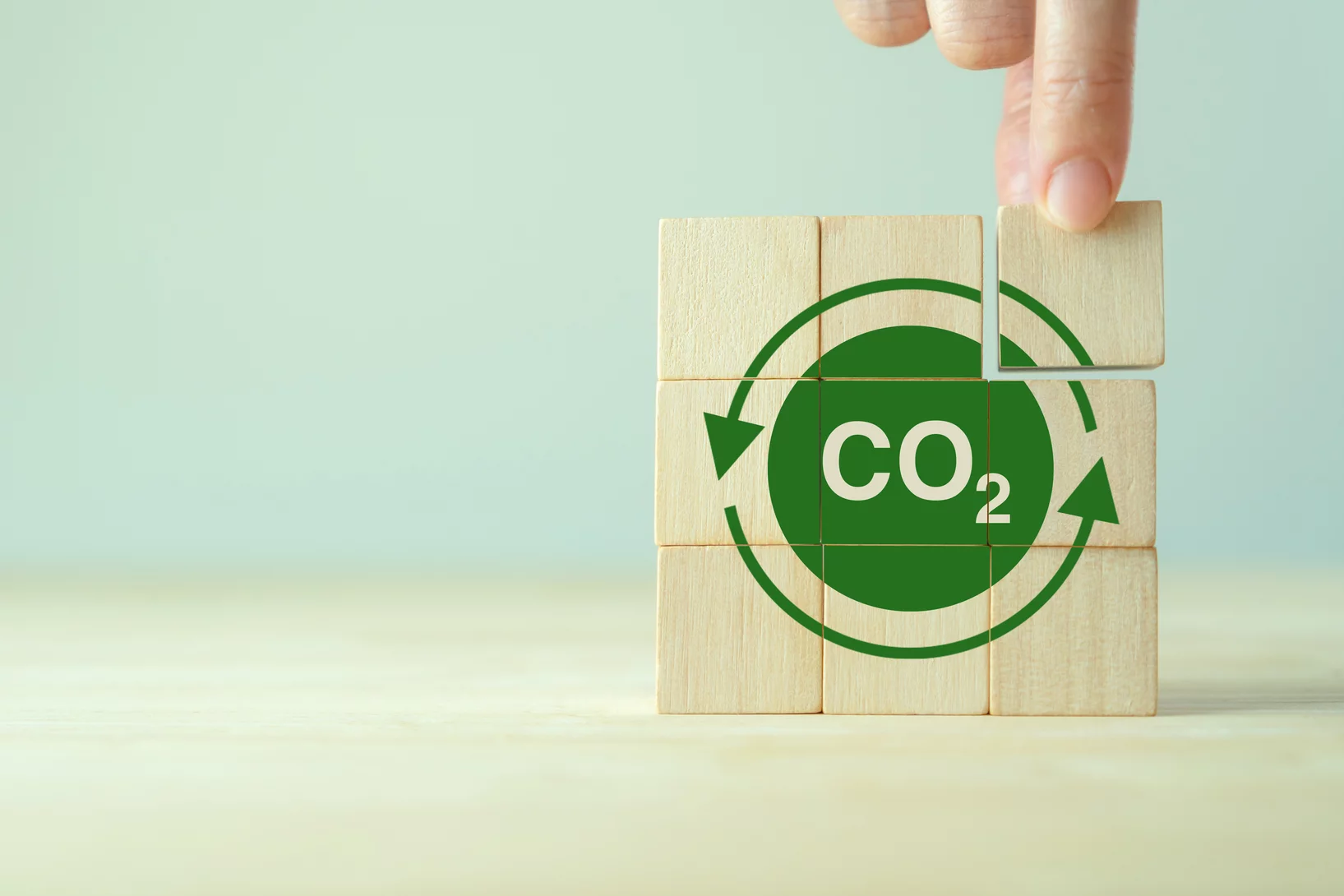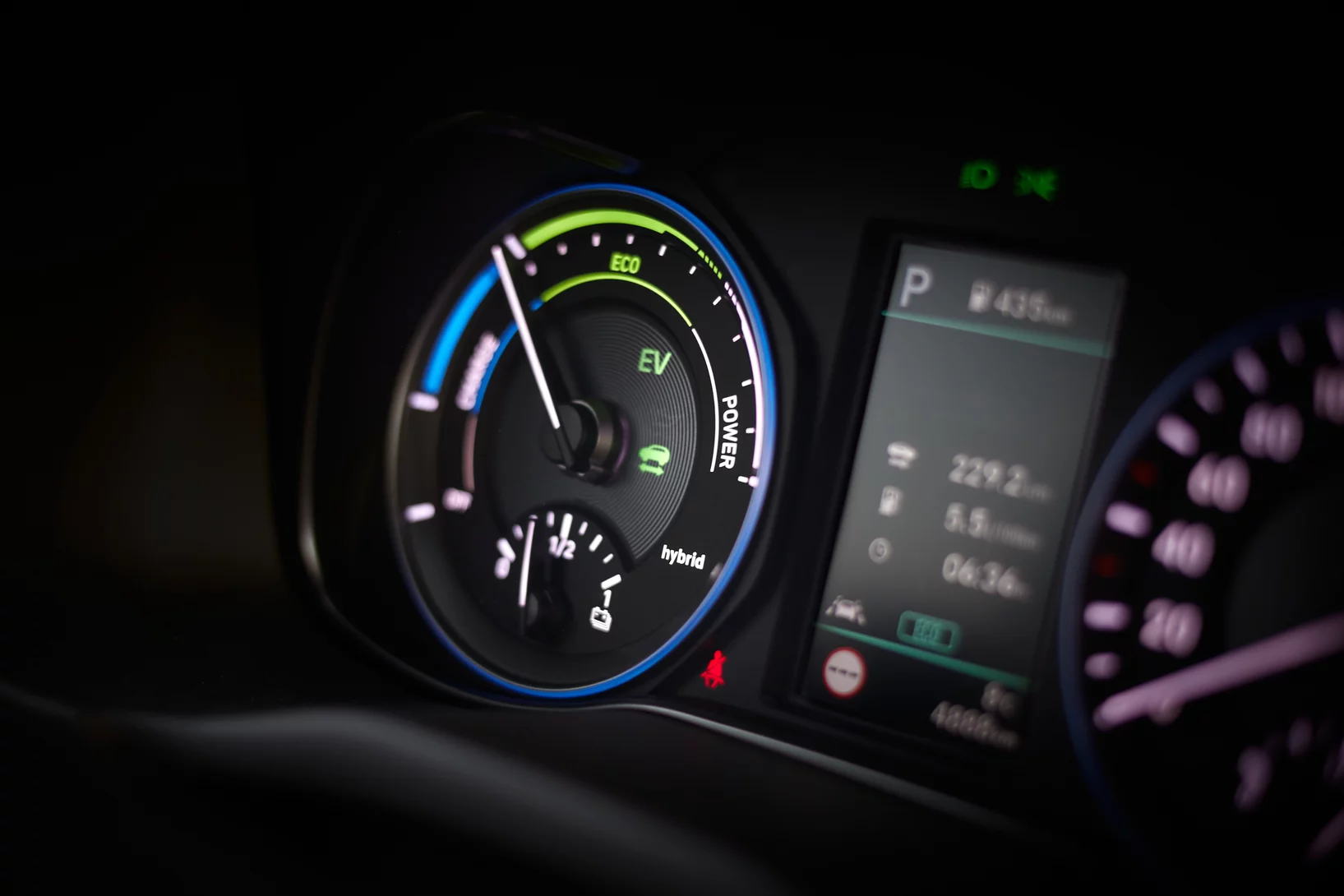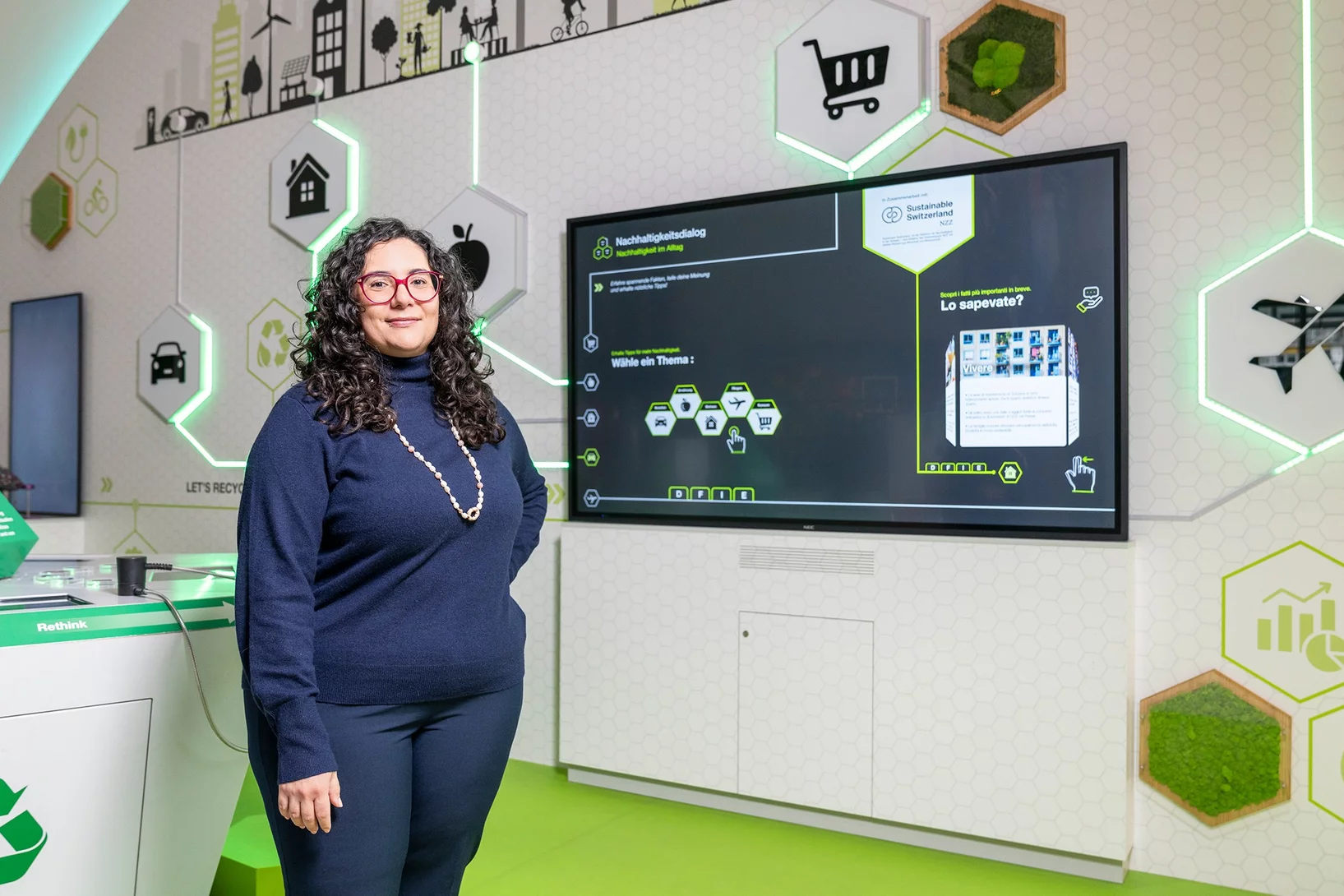The interdivisional PSI Laboratory for Energy Systems Analysis conducts analytical research on diverse energy technologies and systems.
LEA is a cross-center laboratory bridging the Centers for Nuclear Engineering and Sciences (NES) and Energy and Environment (CEE). It unites specific analytical research on diverse energy technologies and systems, including nuclear, fossil and (modern) renewables. Taking an holistic and interdisciplinary approach, LEA develops models, analysis and tools to support decision makers and researchers to address complex and systemic challenges in the broad field of energy. LEA includes the groups Technology Assessment, Energy Economics, Risk and Human Reliability, and the Chair of Energy Systems Analysis at the Department of Mechanical and Process Engineering (D-MAVT) of ETH Zurich. The link between LEA and D-MAVT was established in 2022 by the appointment of the LEA Head, Prof. Dr. Russell McKenna.
The LEA areas of activities fall into three main areas:
Lab News & Scientific Highlights
POLIZERO: PSI project shows paths to climate neutrality
The net-zero target is achievable – if Switzerland sets the right political course now.
What kind of juice?
Battery or hydrogen cars? Or conventional combustion engines running on so-called “e-fuels”, synthetic fuels produced from carbon dioxide, water, and electricity from renewable sources? What makes the most sense for future individual road transport to achieve climate targets?
PSI research at Switzerland’s most-visited museum
Making energy research something visitors can experience: The Swiss Museum of Transport is creating a platform for political and social dialogue on energy issues.
Publications
-
Bantje D, Sacchi R, Arendt R, Bauer C, Luderer G
Prospective analysis of external environmental costs of energy provision
Environmental Research Communications. 2025; 7(9): 091015 (17 pp.). https://doi.org/10.1088/2515-7620/ae055a
DORA PSI -
Brazzola N, Meskaldji A, Patt A, Tröndle T, Moretti C
The role of direct air capture in achieving climate-neutral aviation
Nature Communications. 2025; 16: 588 (12 pp.). https://doi.org/10.1038/s41467-024-55482-6
DORA PSI -
Bruhn S, Sacchi R, Horup L, Zindel A, Birkved M
Historical and future LCA insights on tiny houses vs conventional housing typologies in Denmark
Energy and Buildings. 2025; 346: 116172 (12 pp.). https://doi.org/10.1016/j.enbuild.2025.116172
DORA PSI





